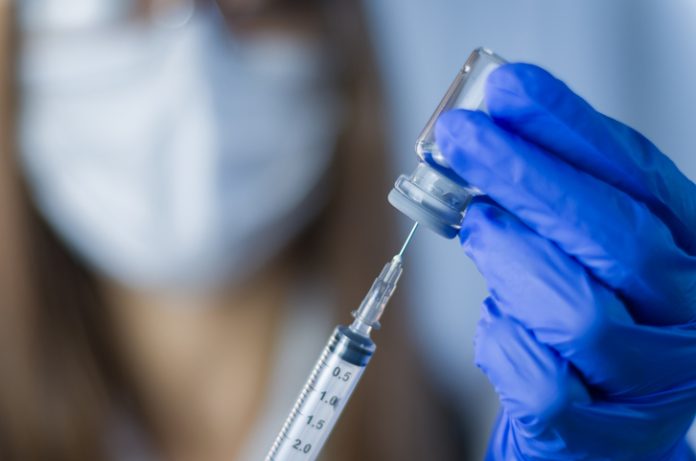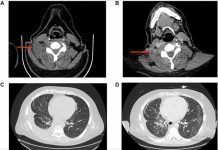An innovative fridge-free vaccine will enter its first-in-human clinical trial at the National Institute for Health and Care Research (NIHR) Southampton Clinical Research Facility
The Stablepharma tetanus-diphtheria vaccine (SPVX02) is completely stable at room temperature and has been designed to improve vaccine access worldwide. The fridge-free vaccine will boost the UK’s life sciences sector if the clinical trial proves successful.
The fridge-free vaccine is ready to be trialed in a UK government-backed program, and the first-in-human clinical trial will begin at the University Hospital Southampton.
Around 50% of vaccines are wasted yearly
According to the World Health Organization, around half of vaccines are wasted globally each year. One of the most significant barriers that limit access to vaccines is the international, temperature-controlled supply chain (cold chain).
Cold chains are complex, costly, and require vast energy, leading to carbon emissions. It also leads to significant amounts of vaccine wastage when the cold chain is compromised.
Stablepharma fridge-free vaccines backed by the UK government
Stablepharma developed a novel technology with support from the UK government, which converts existing approved vaccines to fridge-free versions that are ‘thermostable’ and can be stored for extended periods at room temperature.
The lead candidate fridge-free tetanus and diphtheria vaccine, SPVX02, has now reached the stage where it is being trialled solely through NIHR-funded infrastructure.
Professor Faust, Director of the NIHR Southampton Clinical Research Facility, said: “It is fantastic to see cutting-edge UK science reach the milestone of a first clinical trial and to be able to allow people living on the South Coast to take part.
“This research will be an important step toward exploring whether this innovation could eradicate vaccine wastage and move away from the need for the cold chain.”
The phase I clinical trial is expected to commence in the summer of 2025, and results will be published by the year’s end.
Health and Social Care Secretary Wes Streeting said: “For years, vaccines have been held back by the need to be stored in a fridge – causing endless wastage and making it difficult to deliver them to remote communities.
“But thanks to this government’s vision and our investment through the National Institute for Health and Care Research, all that could be about to change.
“We are leading the charge by pushing through the world’s first trial for fridge-free vaccines. This could be a real game changer and lifesaver globally – as it unlocks new ways for poorer nations to deliver vaccines to their patients, where they’re often needed the most.
“Groundbreaking science is amongst the things that Britain does best, and this innovation reaffirms our position as a world leader in vaccine development and research, boosting growth and economic security – the cornerstone of our Plan for Change.”
SPVX02 vaccine remains completely stable at 30°C and 40°C
Stablepharma has previously demonstrated that the fridge-free vaccine platform remains completely stable for at least 12 months at 30°C and 40°C. A shelf life of 18 months has been agreed with MHRA for the current clinical batch prepared for the phase I study.
The team has also successfully demonstrated that SPVX02 remains stable and fully potent after three cycles of extreme temperature fluctuation from -20°C to +40°C.
Stablepharma was recently awarded €2.5 million through the prestigious European Innovation Council (EIC) Accelerator program. The grant recognises the company’s cutting-edge fridge-free pharmaceutical technology, which meets EIC’s rigorous criteria for excellence, impact, and risk management.
The company has identified up to 60 vaccine candidates suitable for StablevaX™ technology.
Professor Jonathan Van-Tam, former Deputy Chief Medical Officer for England and member of the Stablepharma Advisory Board, said: “If the shortcomings and complexities of the global cold chain in the distribution and storage of life-saving vaccines could be addressed through a proven fridge-free solution, such as the one being developed by Stablepharma, this would not only be revolutionary for the entire vaccine industry but also potentially lead to wider distribution and improved uptake in areas of the world where currently the stringency of the cold chain limits deployment and uptake.
“Fridge-free vaccines could, in the future, play a major role in delivering the WHO’s ambitions for universal health coverage (UHC).”











